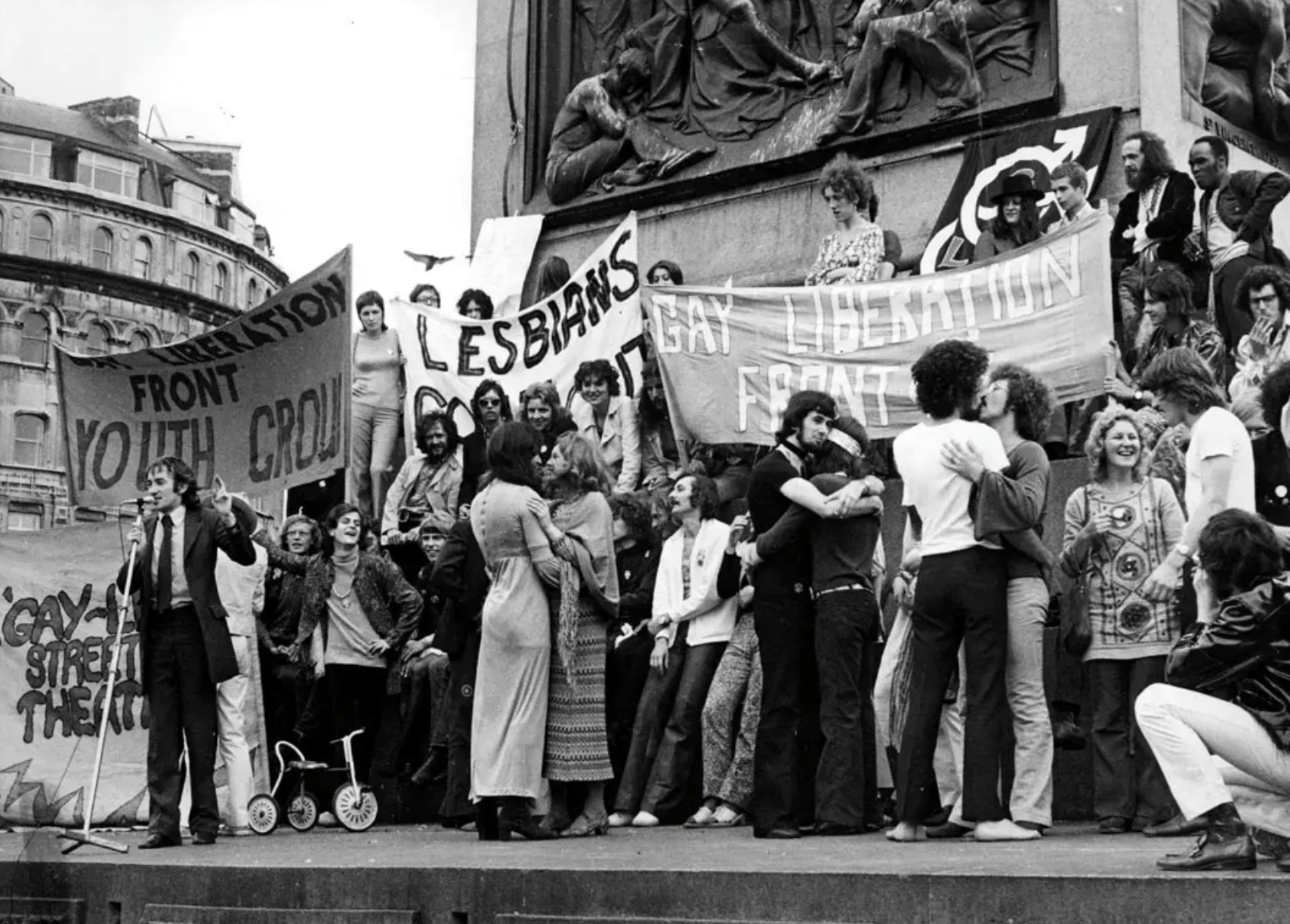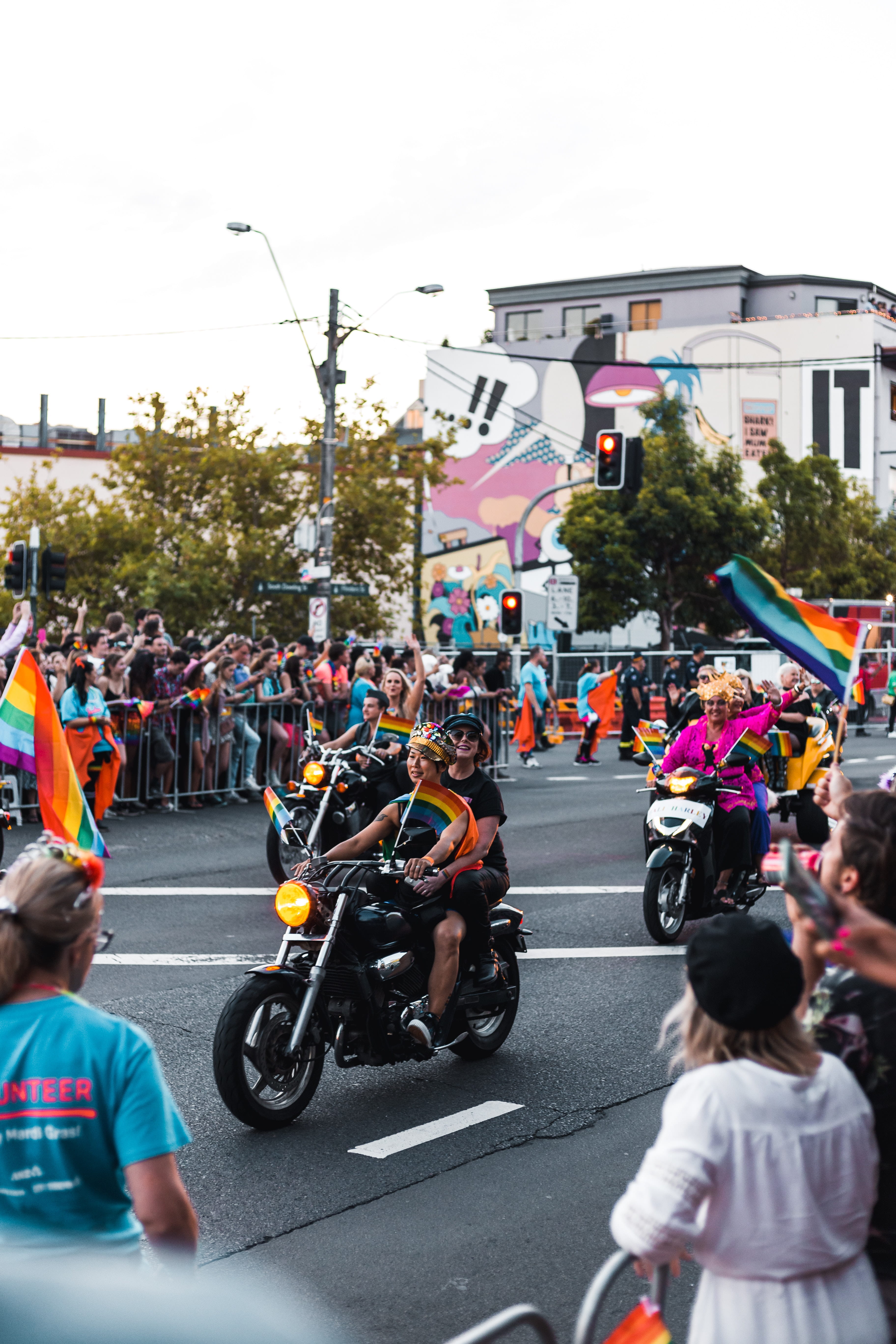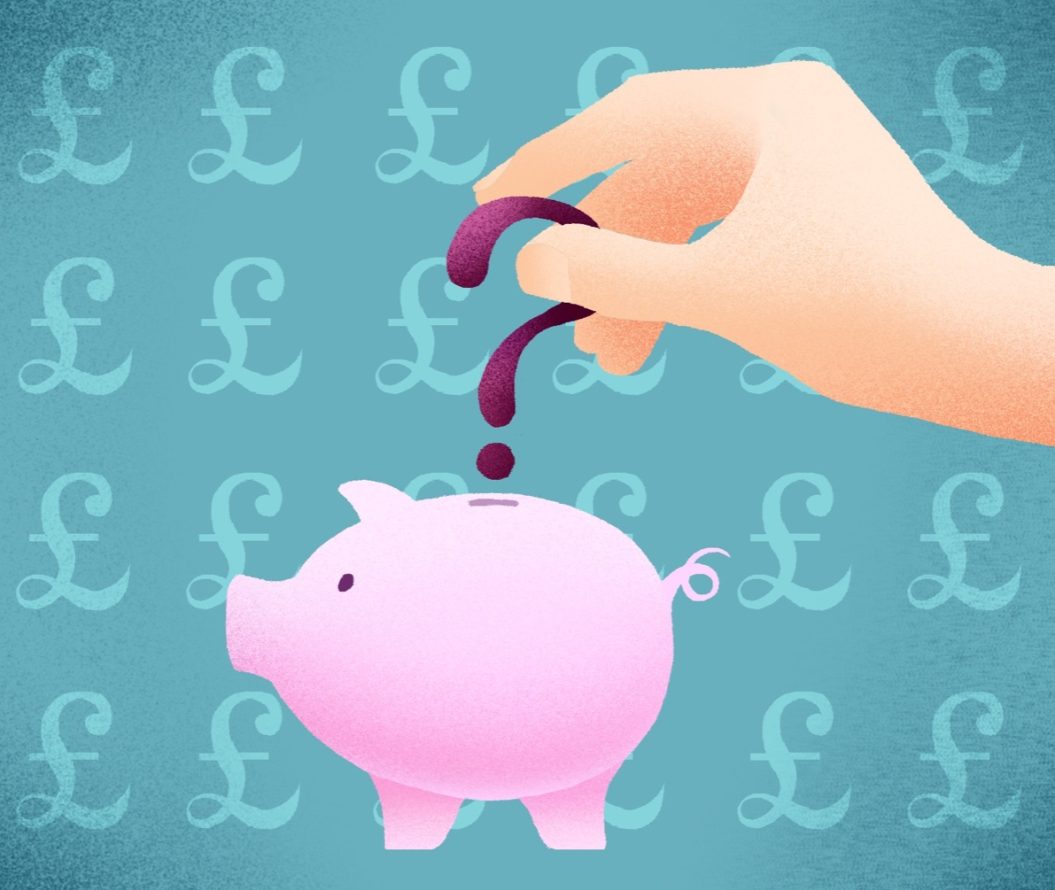
Remembering people/events during LGBTQ+ History month
Although this year’s LGBTQ+ History Month could not be celebrated or commemorated in the same way this annual event usually is, we can still look back at the history of LGBTQ+ events and rights, as well as think about and recognise the differences between LGBTQ+ rights then, and now.
The Stonewall Inn Riots, 1969
The roots of Pride date back to the Stonewall riots, which began in the early hours of June 28, 1969.
The New York City police raided the Stonewall Inn, a gay bar, in order to assault and arrest the people inside. The police saw those people as ‘men in drag’ who were actually transgender women, and women wearing less than at least ‘3 pieces of feminine clothing’ or appearing too masculine looking, were allowed to be arrested based on not fitting the social norms and expectations of the 1960s.
This is very telling of the legal system that LGBTQ+ people had to live through.

By the 1960s, homosexuality was clinically classified as a mental disorder, and LGBTQ+ people had been subject to harassment and sanctions for a long time, criminalized on the pretexts of religion and morality.
Bar raids were a common occurrence due to the gathering of LGBTQ+ people deemed disorderly, and people at the time were used to being regularly searched or arrested for being at these gay bars.
On the night of the Stonewall riots, people had had enough. Instead of cooperating with the usual violations and attacks from the police, people started to fight back. This led to a six day protest and violent clash with the police.
African American activist Marsha P Johnson, also a transgender woman, was among those fighting back against law enforcement. She later became famous for all that she contributed to propelling the gay rights movement forward and her revolutionary boundary breaking she did in a time where it was illegal to be a homosexual, and when LGBTQ+ were often living in secrecy.
The Stonewall riots are widely considered to constitute one of the most important events leading to the gay liberation movement and the twentieth century fight for LGBTQ+ rights.
How far we’ve come!

When considering how far we have come since the Stonewall Riots, there were some amazing steps forward for the LGBTQ+ rights movement that we can be thankful for this History Month.
Although 2020 was an incredibly tough year for everyone, here are some examples of those encouraging changes that we saw:
- Same-sex marriage goes fully into legalisation in Northern Ireland.
- Switzerland bans discrimination on the basis of sexuality.
- Croatia legalised gay couples fostering children.
- In Mexico, the State of Mexico became the second state to ban conversion therapy.
- Same-sex marriage became legal in Costa Rica.
These steps remind us of how far we as a society have come, but not without recognising how far we still have to go in this fight for equality. It is important we remember and educate ourselves on the people/events that helped get us to the societal place we are currently in.
This LGBTQ+ History month, try researching an event/person you do not know much about, or similarly educate and talk to your peers about people/events you do know a lot about!
If you are LGBTQ+ and struggling in any way, here are some useful links to help you:
https://www.thetrevorproject.org/
https://www.youngstonewall.org.uk/



